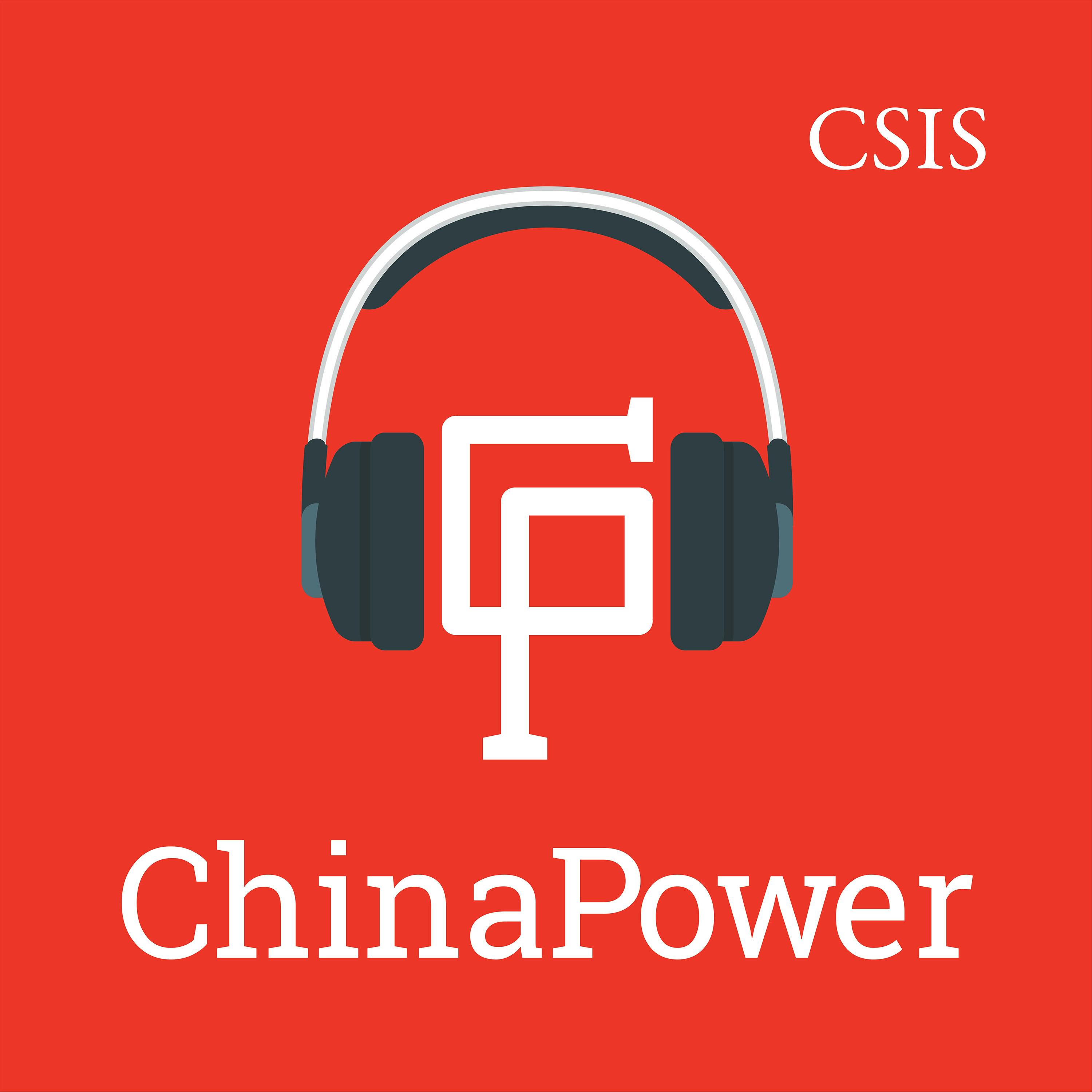
China’s Expanding Nuclear Capabilities: A Conversation with David Logan and Phil Saunders

ChinaPower
Shownotes Transcript
In this episode of the ChinaPower Podcast, we are joined by David Logan and Phil Saunders, who’ve recently co-authored a new report titled Discerning the Drivers of China’s Nuclear Force Development: Models, Indicators, and Data. They lay out the six models developed in the report and explain which models are the most compelling for explaining China’s behavior. Dr. Logan dives into the expansion in size, structure, and capabilities of China’s nuclear stockpile in the last 10 years but highlights the fact that there has been no official announcement on China’s reasoning for this build-up. In the context of this expansion, Dr. Saunders points out that China is showing signs that its nuclear strategy could be shifting, and he notes that the prospects of strategic arms control have become more complicated.
Dr. David Logan is an Assistant Professor of Security Studies at the Fletcher School of Law and Diplomacy at Tufts University. He previously taught in the National Security Affairs Department at the Naval War College and conducted research for the Center for the Study of Chinese Military Affairs at the National Defense University, the Defense Threat Reduction Agency, and the Office of Net Assessment. His research focuses on nuclear weapons, arms control, deterrence, and the U.S.-China security relationship.
Dr. Phil Saunders is Director of the Center for the Study of Chinese Military Affairs at the National Defense University. He previously worked at the Monterey Institute of International Studies, where he served as Director of the East Asia Nonproliferation Program and taught courses on Chinese politics, Chinese foreign policy, and East Asian security. He has conducted research and consulted on East Asian security issues, as well as Asia policy issues.